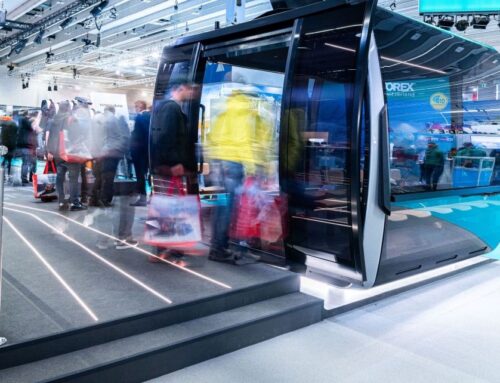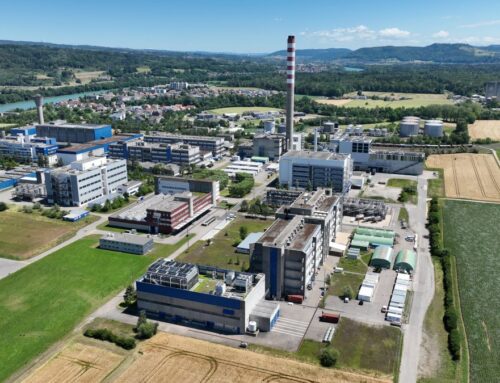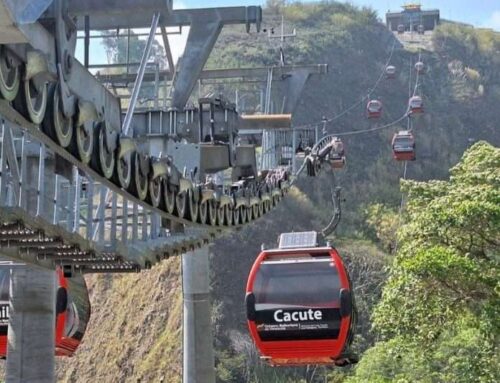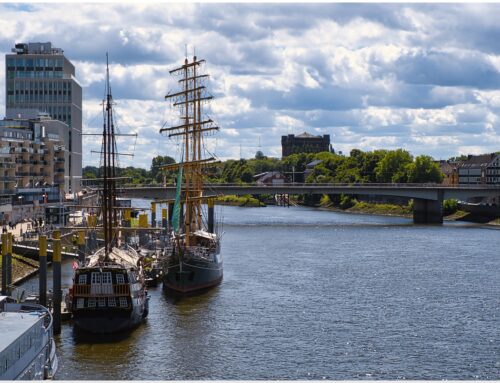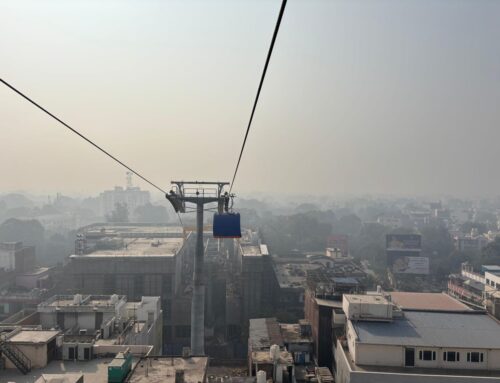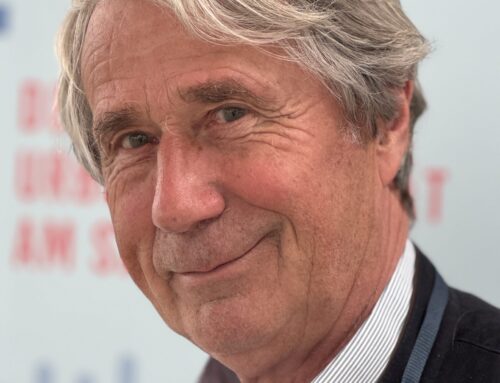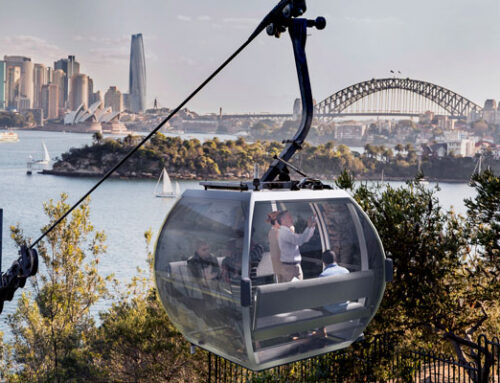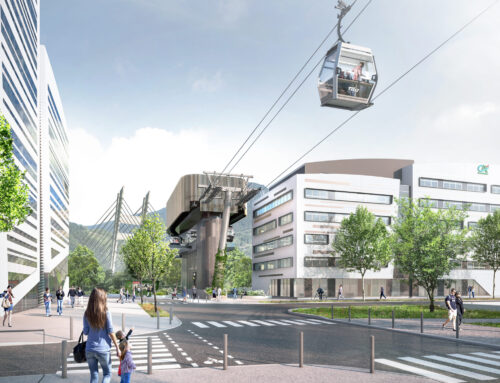
Cities, SI Urban 1/2021
Sustainable mobility, including cable cars?
This specifically concerns the city-centre section of the planned regional city railway. Whereas there was broad support for the railway lines in the surrounding area, the city-centre section is controversial: dead ends that are not beneficial to the network, a risk of congestion caused by fixed rails, huge encroachments on the urban landscape, the demolition of existing infrastructure, huge costs, large construction sites for many years, a questionable overall ecological balance, electromagnetic radiation and vibrations… The drawbacks are numerous.
The city of Tübingen has therefore instructed planners and engineers from Ramboll and Novaplan to examine alternatives. The transport policy affects 88,500 residents of the city (including 30,000 students) and 140,000 people in the surrounding area.
Every day, around 33,400 people commute into Tübingen and 15,600 travel from the city into the surrounding area. According to the reports, only two out of eight mass transport systems are sensible: the electric bus or the urban cable car.
Both systems are available on the market and could be implemented immediately – and therefore improve the climate footprint well before 2030. Both the electric bus and the cable car are significantly cheaper, can be adapted subsequently to changing conditions and demand in the city, and are technology-neutral. Moreover, further improvements, such as tangential lines, can be implemented immediately.

Tübingen
Effect of the cable car: Around 4,650 additional public trips daily.
Alternative cable car concept
With a view to an urban cable car, several routes were examined in respect of effects on traffic and technical feasibility. A single-cable circulating cable car between the main railway station and the technology park or WHO student village was identified as feasible – with a total journey time of 21 minutes.
This route passes several points of interest, including three hospitals and an art gallery. At the main railway station, the cable car should be strongly integrated with the platforms, to make the connection situation ideal for commuters. The costs are estimated at 160 million euros – including a generous contingency allowance of 37.5 million euros.
The experts anticipate that the cable car could generate around 4,650 additional journeys by public transport per day – and would therefore relieve congestion not only in the city centre but also on the outskirts and in the surrounding area: 2,400 journeys would be transferred from the car to the cable car, 2,250 additional journeys would be made on the cable car (induced traffic).

The cable car from a user’s perspective
According to the reports, cable car users will benefit from significantly reduced journey times and shorter waiting times – connections at the main
railway station will be improved for city-centre residents and commuters alike.
Moreover, passengers will be pleased to have a means of transport that is reliable, offers safe connections and is always available, with increased service to the central transport axis. For users on the outskirts of the city and in the surrounding area, the introduction of mobility hubs is also of interest.
The option to carry bicycles is another positive aspect. However, the reduced impact from additional development and the generally longer connection times must be assessed more critically; if the cable car is constructed, bus routes for the fine distribution of passengers will, in turn, be discontinued.
At the end of 2021, Mayor Boris Palmer will ask his citizens to vote on the cable car in Tübingen. Images: City of Tübingen

The cable car from the community perspective
The greatest advantage for the city as a whole will be the lack of conflict points between the cable car and other modes of transport. In addition, the cable car will reduce bus traffic – if the urban bus network is adapted accordingly and connected to the cable car.
Eleven percent of bus journey lengths and eleven vehicles (18 percent) could be saved as a result. The reduction in car traffic and the low noise emissions also favour the cable car. Furthermore, the system is very safe and offers privacy in the gondolas.
According to the experts, critical aspects include the required land acquisition and the high investment costs – in comparison with buses – as well as the cost of extending the cable car network.
The operators’ perspective
For cable car operators, there are essentially two points that are advantageous: first, the high transport speed at an average of 28.9 km/h (+0.4 km/h); second, the independence of the cable car and its predictable reliability. According to the reports, only the (rare) susceptibility to wind and the inflexibility in case of faults should be considered critically, especially since greater reserves are required in the urban bus sector in this case.
Citizens to decide on the cable car
The experts expect the greatest improvement in provision to be along the route of the cable car; they believe that the effects on traffic in the area surrounding the city will be relatively modest. Also in favour of the cable car is the fact that around 90 percent of the investments could be eligible for subsidies.
However, legal framework conditions and land availability need to be clarified, as a cable car represents a significant encroachment on the urban landscape. It is now up to the residents: in a referendum at the end of 2021, they will decide whether a cable car should be constructed. ts
COST FORECAST
COST FORECAST
|
Cable car investments |
75.000.000 € |
|
10% Construction site facilities and traffic management |
7.500.000 € |
|
50% Contingency allowance |
37.500.000 € |
|
20% Planning costs |
15.000.000 € |
|
19% VAT |
25.650.000 € |
|
Total gross costs |
160.650.000 € |
